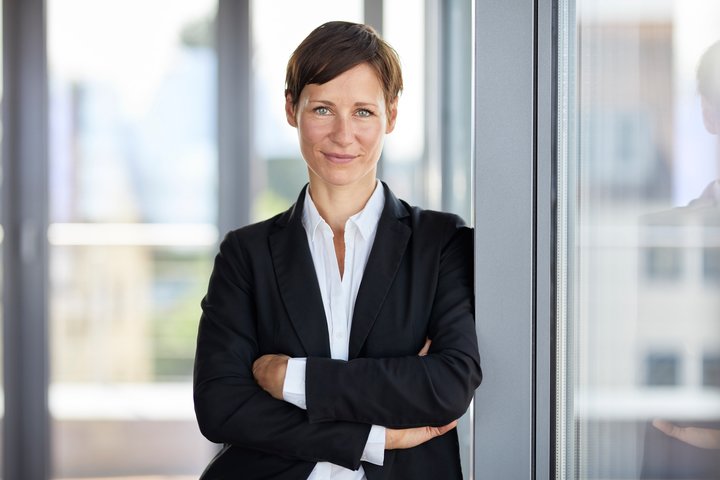In Switzerland, WHO member states are negotiating changes to the International Health Regulations (IHR).
In parallel, work will be done with one of our own pandemic agreement. The EU is one strong driver to complete the deal.
In the IHR proposal, WHO will be able to determine:
- Who will be isolated and quarantined, and for how long
- Which vaccines should be approved and used
- That everyone needs a global vaccination passport to be able to travel freely
– If this agreement causes democratic powers to be transferred abroad and to the WHO, so that they change from an advisory body to a legislative body, we should hold a referendum, Susanne Heart told NRK.
CONCERNS: Susanne Heart believes these negotiations have been characterized by a lack of openness.
Photo: Lars Os / NRK
Heart is an independent regional council representative in Rogaland (formerly MDG), and believes that the lack of transparency around the pandemic agreement is a democratic problem.
In the Debate, the Director of the Health Directorate, Bjørn Guldvog, said that criticism of the WHO after the pandemic led to the need for an audit.
– What is important is that what is there now, that everyone can see, are the proposals coming from all the countries that the Director General has asked to make public. So it is actually WHO’s openness that is the basis of this rather strange debate.

OPENNESS: Bjørn Guldvog says WHO wants to facilitate openness.
Photo: Lars Os / NRK
I think all information should be shared
In 1969 was elected World Health Organization to establish International Health Regulations (IHR). It is a set of rules for notification and protection against international health threats, especially epidemics.
The IHR was last revised following the Sars outbreak in 2005. New changes are now being negotiated, based on experiences from this pandemic.
Heart is concerned that Norway, through the agreement, will give up its right to self-government in the event of a future pandemic.
– When negotiations are carried out on behalf of the Norwegian population without them being informed about important points that may affect their lives, then when that power is transferred abroad, this is not right.
Heart believes the community must be involved.
– Share all information. About advantages, disadvantages and possible consequences. We have to have a good process where people are informed and can take part in the debate.
– What if WHO remains an advisory body?
– Then I’ll be satisfied. WHO does many good and important things in its advisory role.
Foreign Minister Ole Henrik Krat Bjørkholt (Ap) emphasized that any form of denial of sovereignty is absolutely impossible. He points out that this is an attitude shared by all the countries with which we compare ourselves. Like Germany and England.
– That there are always additional proposals from certain countries. But this will never be possible, says Bjørkholt.
– The entire system is based on consensus
Law professor Anne Kjersti Befring thinks Heart and other skeptics have nothing to worry about.
– We have a constitution in Norway that the WHO cannot override. It sets out how we prepare for international agreements.
It is unlikely that the 194 member states that must agree to a revision of the IHR will accept a waiver of sovereignty, Befring explained.

UNLIKELY: Law professor Anne Kjersti Befring considers it unlikely that member states will accept a waiver of sovereignty
Photo: Lars Os / NRK
He further stated that all input on the IHR revision was publicly available, but he acknowledged that there had been little transparency regarding pandemic treaty negotiations.
– That’s normal. And this must be done so that member states can freely provide input in negotiations without everyone being exposed to this, Befring said and added:
– So I know that WHO is still far from finalizing the pandemic agreement. When an agreement is ready, it must be submitted to the Storting, together with proposed revisions to the IHR.
He believes that there is no indication that what has been a recommendation in the IHR so far will become an order, and it is clear that we must gain insight into what is on the table before Norway gives its approval.
– The entire system is based on consensus.
Hello!
Welcome to the dialogue at NRK. Since you’re logged into another NRK service, you don’t need to log in again here, however we require your agreement to our terms of use for online dialogue

“Social media guru. Total beer fanatic. Tv ninja. Typical coffee fan. Amateur entrepreneur. Unapologetic food scholar.”






